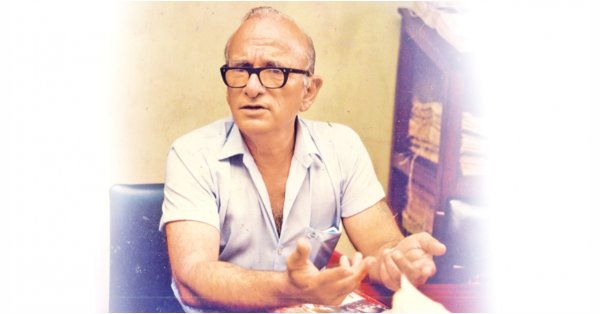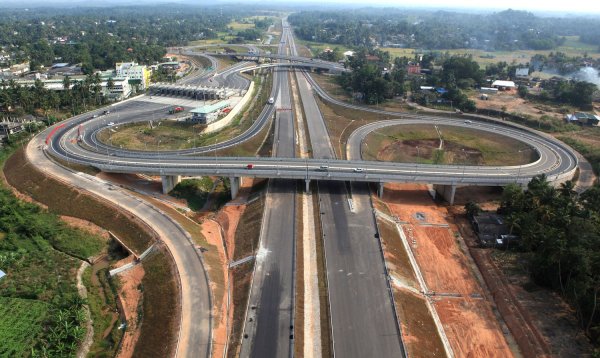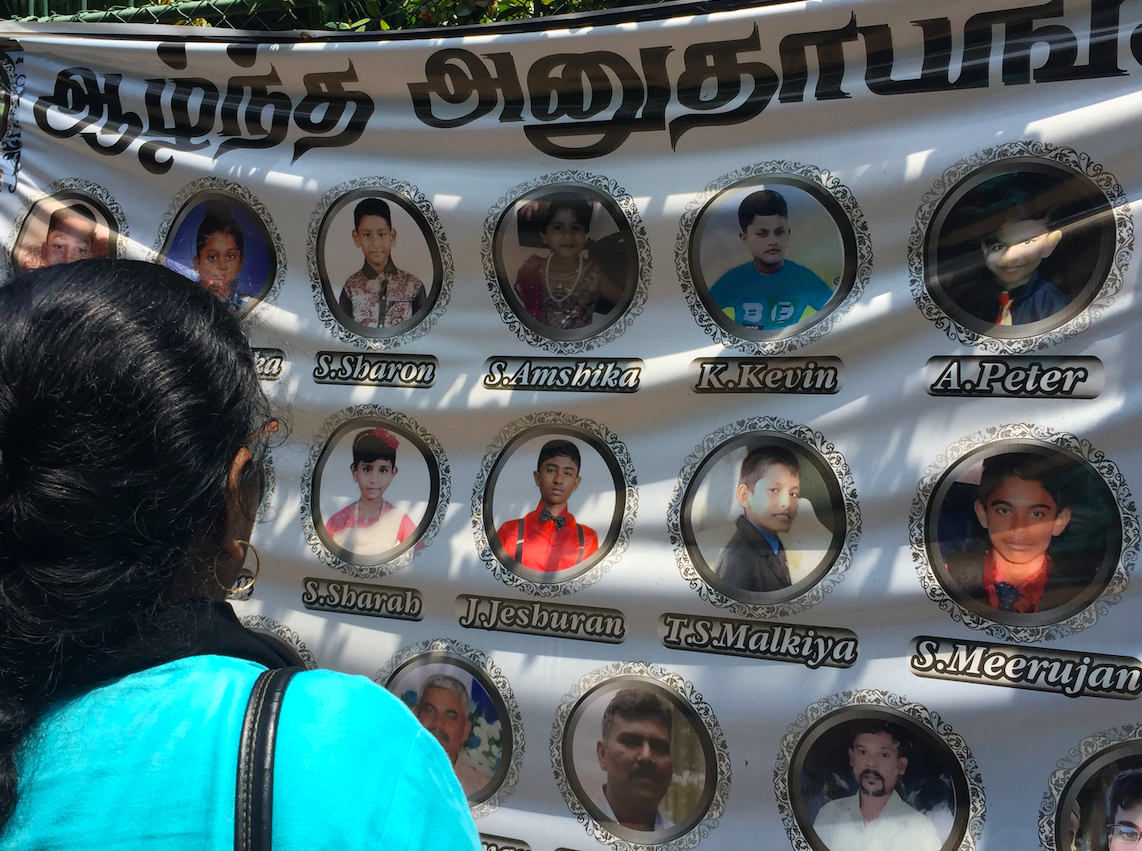
The congregation at the Zion Evangelical Church in Batticaloa on Easter Sunday morning had only one thing in mind: worshiping their resurrected Lord and Savior. But in a fleeting moment, an explosion ripped through the concrete and steel, killing thirty-one. Fifteen were children.
The simultaneous attack on churches across the country left the Christian and Catholic community shaken: Why were they targeted? What had they done wrong? But despite the very real assault to their faith, worshippers of the Zion Evangelical Church continued to return to worship.
But six months since the brutal attack, they are still without a church. Instead, they are met with the unfinished skeleton of an edifice that was once their place of worship. The renovations at the Zion Evangelical Church are far from complete.
The impact of the explosion is still visible; the military personnel carrying out construction, point to the spot at which the suicide bomber was stopped by Ramesh Raju— a member of the congregation, who was suspicious of the backpack-carrying man, who wanted to enter.
The pockmarks left by the shrapnel are a crude reminder of the horror of the incident.
The Zion Evangelical Church is one of the three churches that were attacked by terrorists affiliated to the extremist Islamic groups, the National Thowheed Jamath and the Millathu Ibraheem.
And while renovations for the two other churches—St. Anthony’s Church in Colombo 01 and St. Sebastian’s Church in Katuwapitiya, Negombo— was completed a month after the allocation of funds, the Zion Evangelical Church is yet to rise from the ashes.
Reconstruction began in June, with the allotment of Rs. 29 million by the President’s Office, under the supervision by the Ministry of Housing. The work was supported by the Sri Lanka Army and the State Engineering Corporation.
But six months since there is still no indication reconstruction will conclude anytime soon.
Speaking to Roar Media, Michelle Mahesan, wife of the chief minister of the church, Pastor Roshan Mahesan explained, “The reconstruction went through several delays. The plan for the renovations [were] juggled between the Batticaloa Municipal Council and the Urban Development Authority. They only started working on it after the other churches were complete.”
She explained how the church was used for sermons every Sunday. “Every Sunday morning we would have Sunday school for the children, and afterwards the service,” she said. “On weekdays we would have Bible studies at our church and other various other events. But not anymore.”
The church has been leasing a reception hall to conduct their weekly meetings.
Mahesan reiterated, “Whatever facilities we had, has now reduced a lot. The plan they are building according to, is an old plan. Many of the additional extensions we had won’t be there when the work is finished. We were able to seat around 1,050 people inside the premises. We don’t think that will be the case now.”
While the reconstruction is scheduled to be completed by December 2019, there is little hope this will be the case.
“We fear that the election would only increase the delay,” Mahesan said. “If the Government changes, the Treasury will not release the funds that will help the construction.”
Following the attack, the church was flooded with sympathy and assistance. At the entrance, is still the memorial banner hung in the immediate aftermath of the attack, containing the photos and names of the victims.
Despite the struggles, Mahesan avers the church will continue with its faith. “Everyone is in the process of coming to terms with what happened. They know their God and they have not let Him go. Our faith is strong. The rest of the community is also helpful. They are more sympathetic and more protective than ever,” she said.
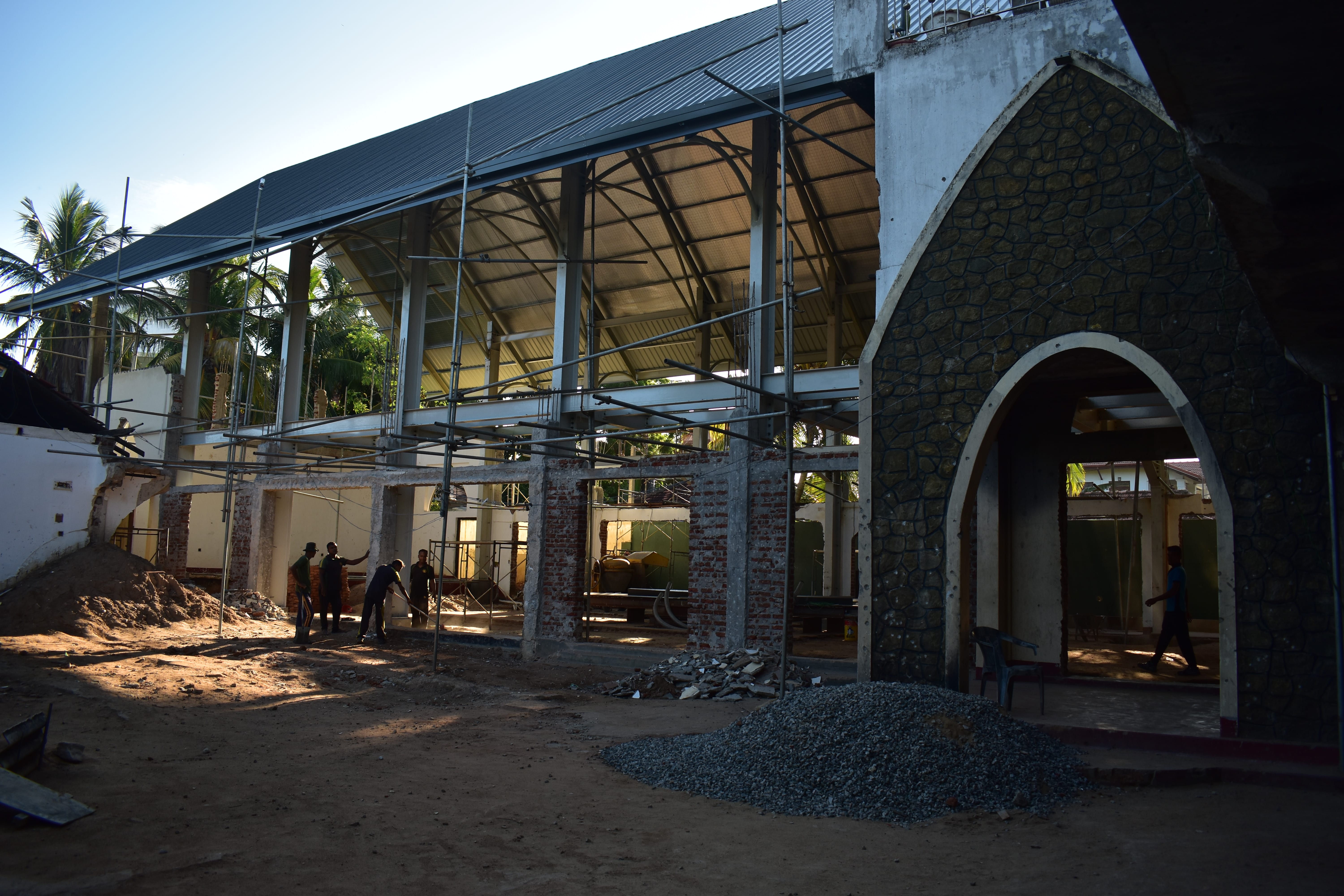
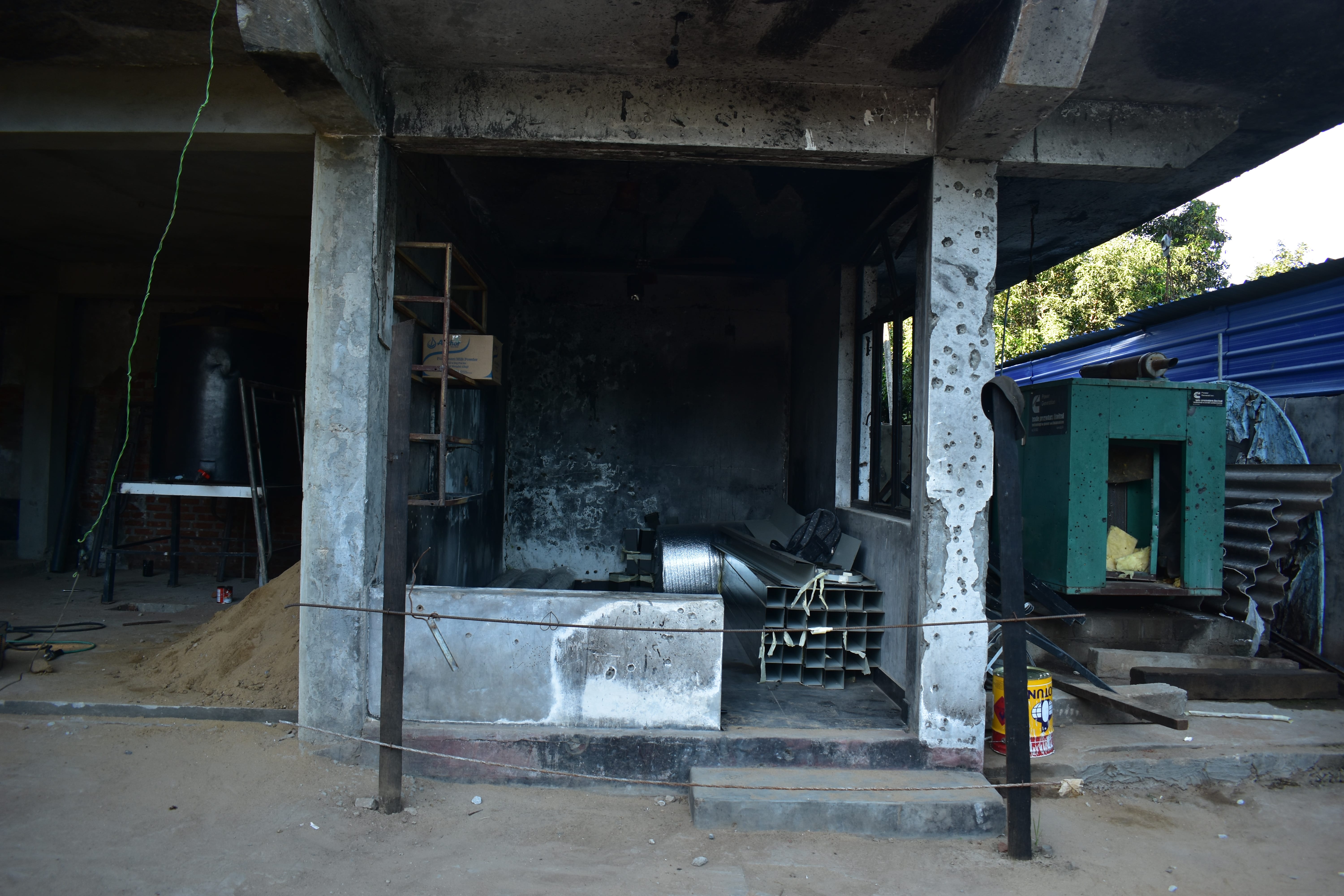
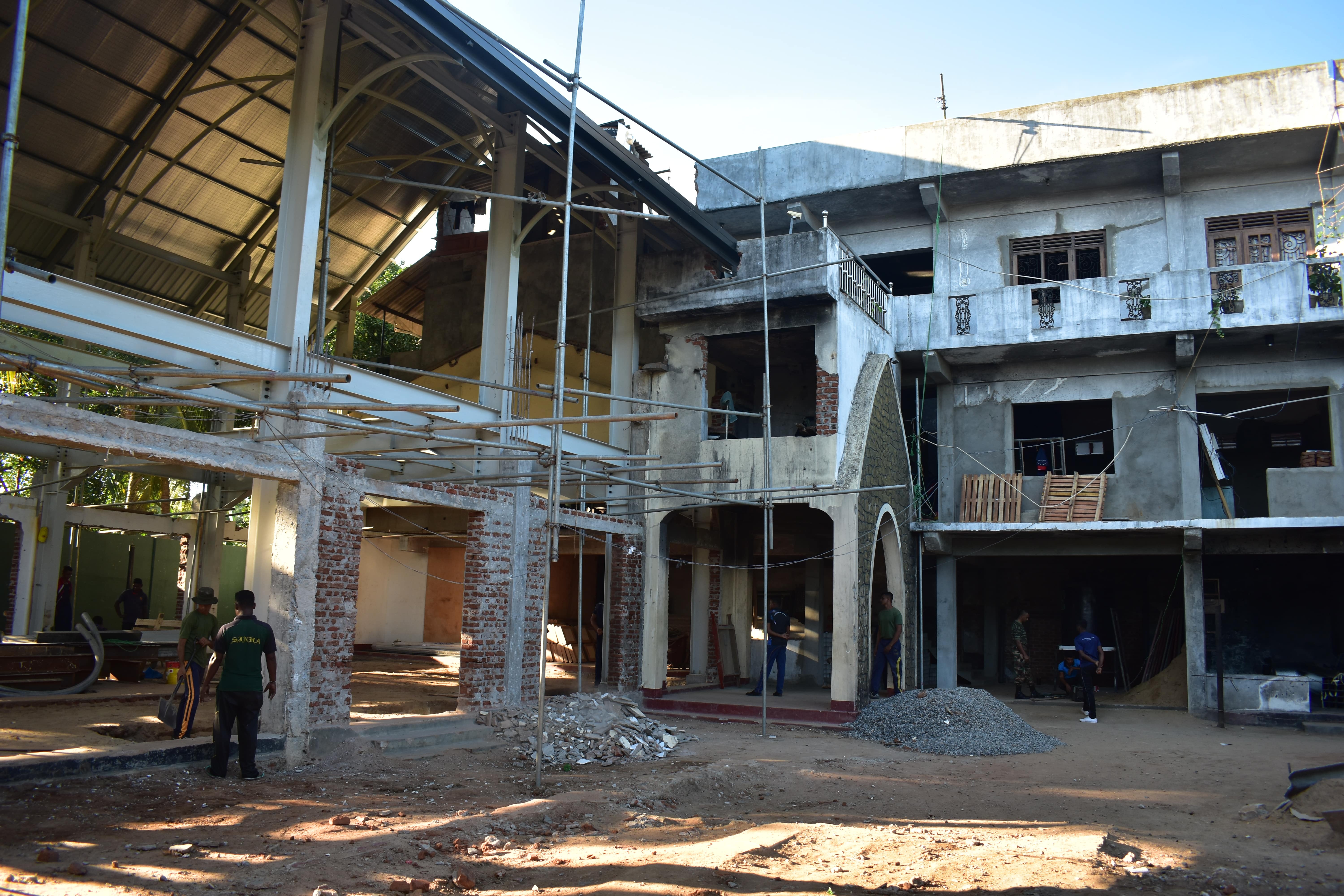
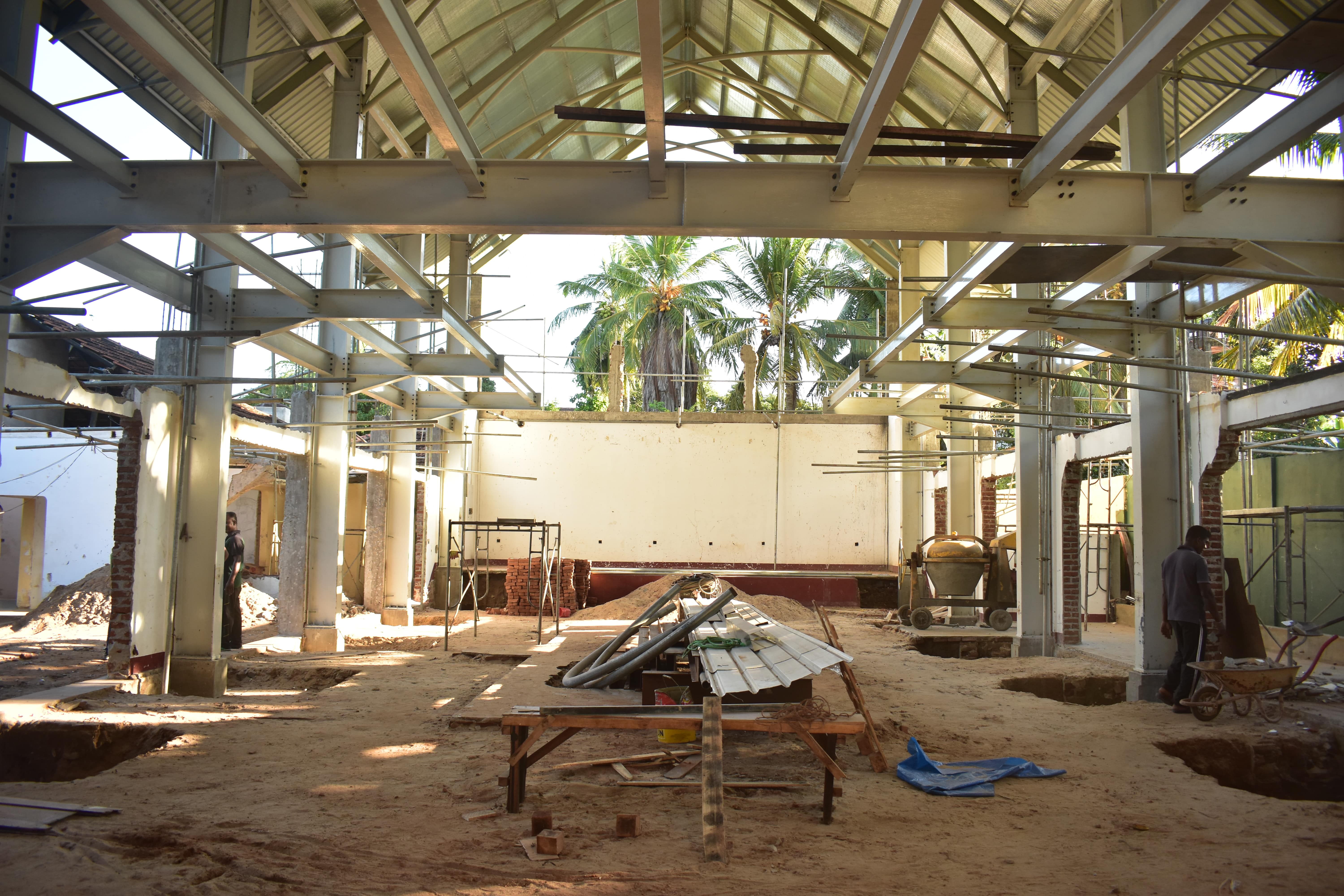
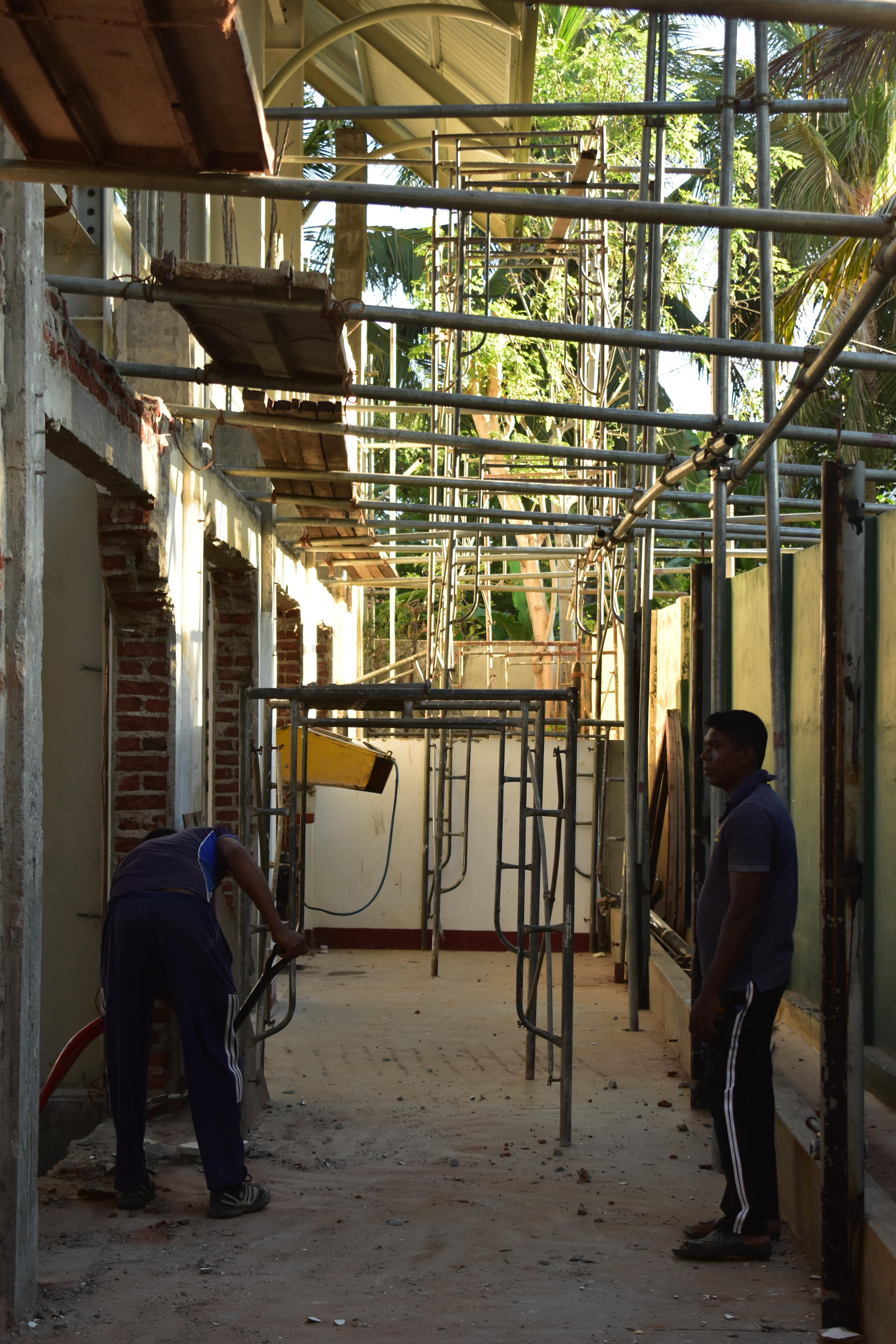
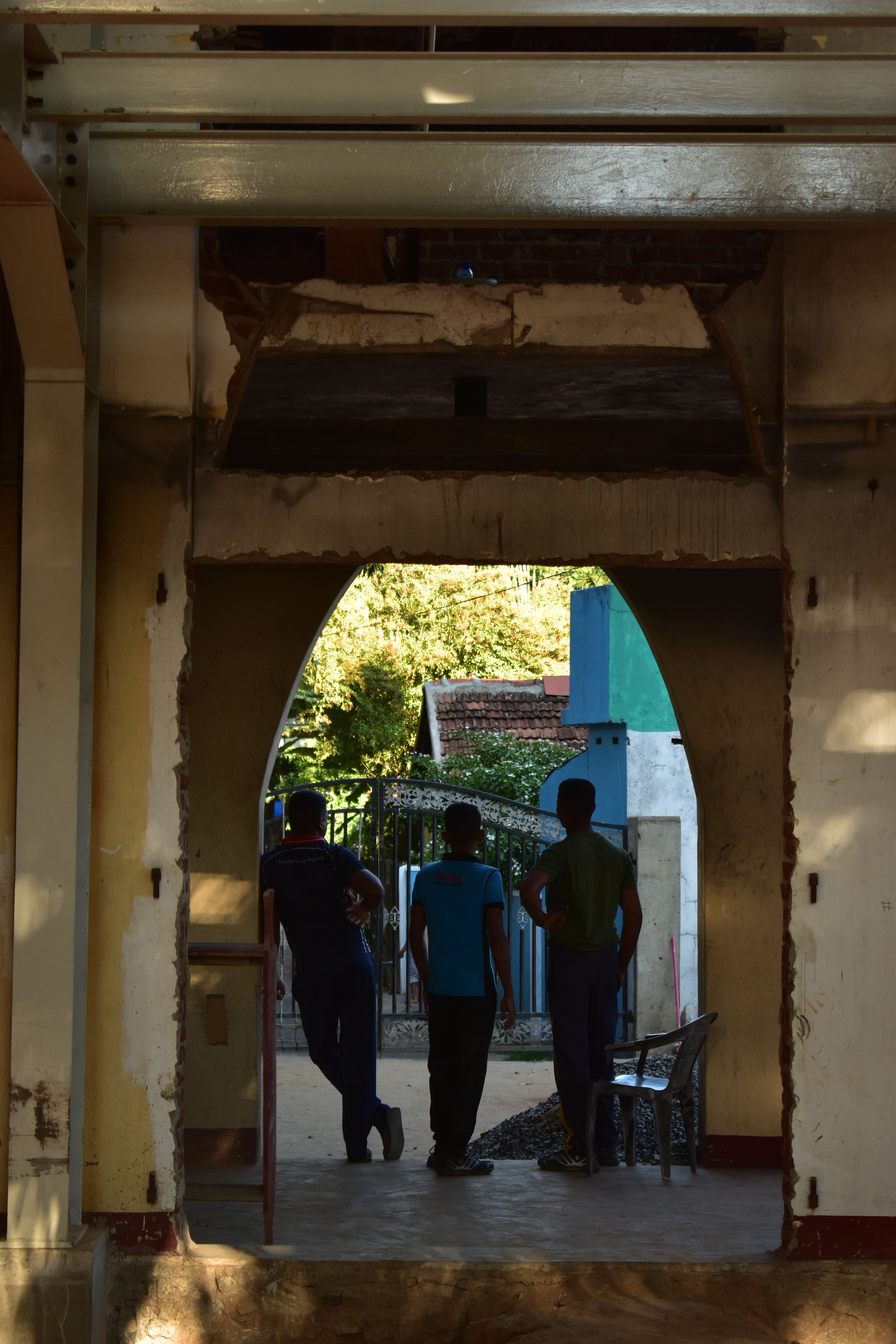
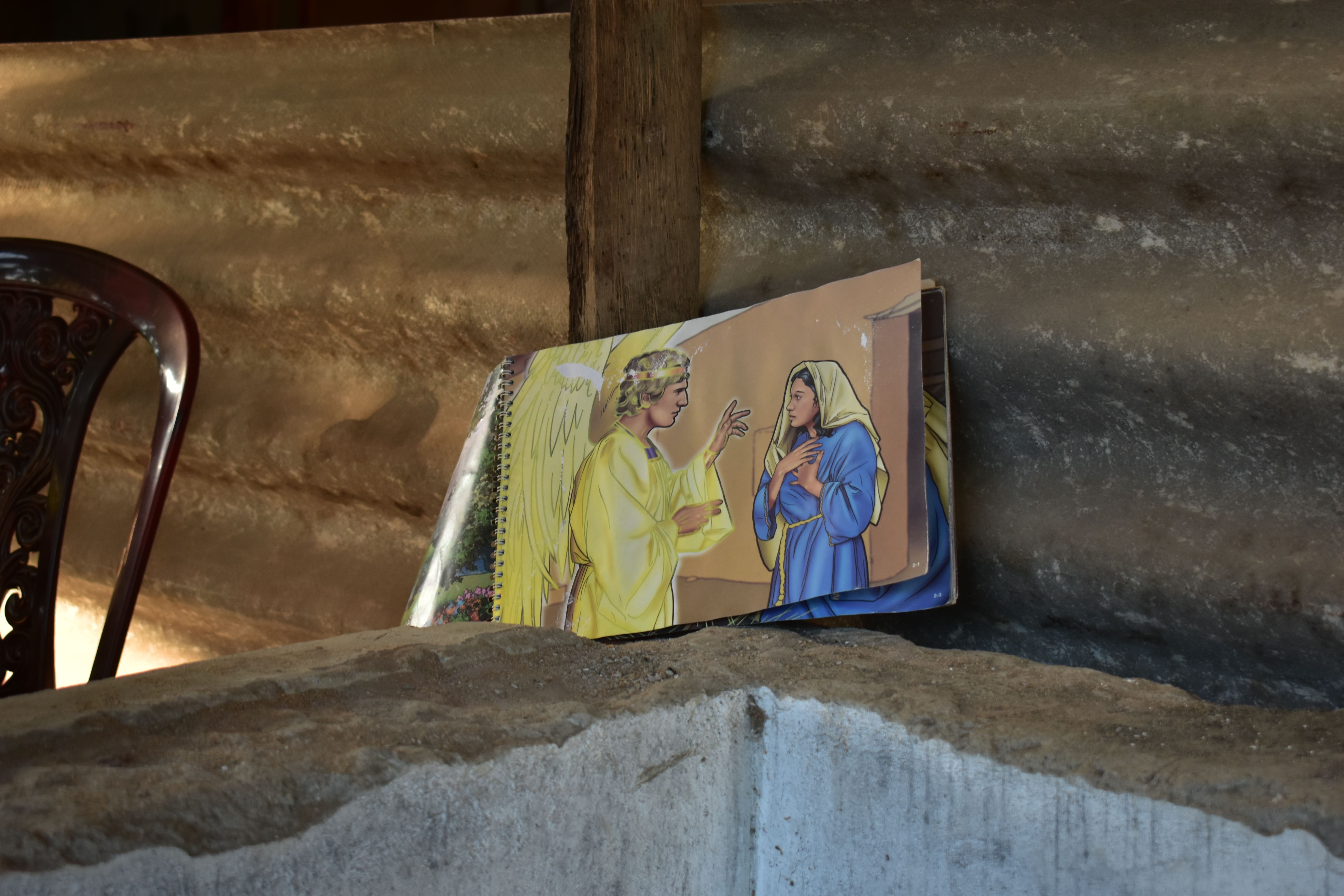

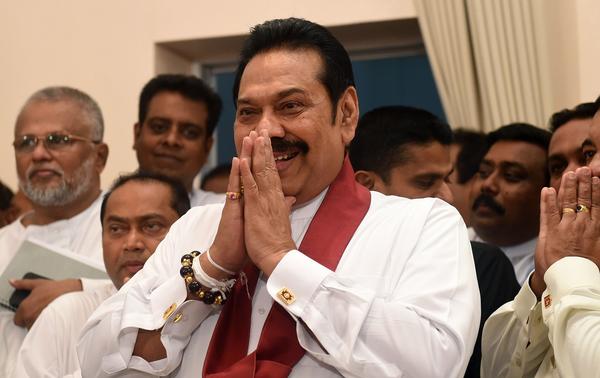

.jpg?w=600)

